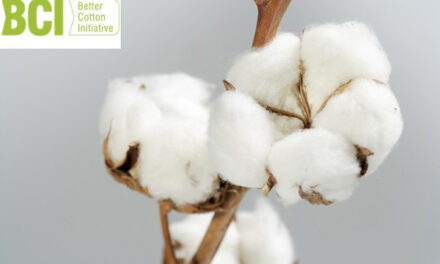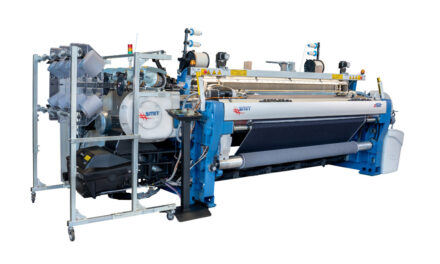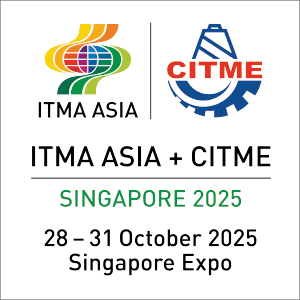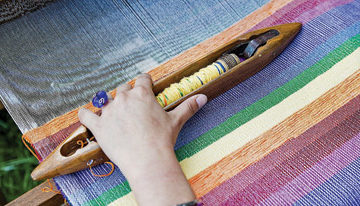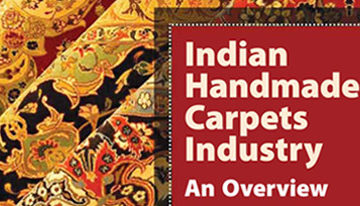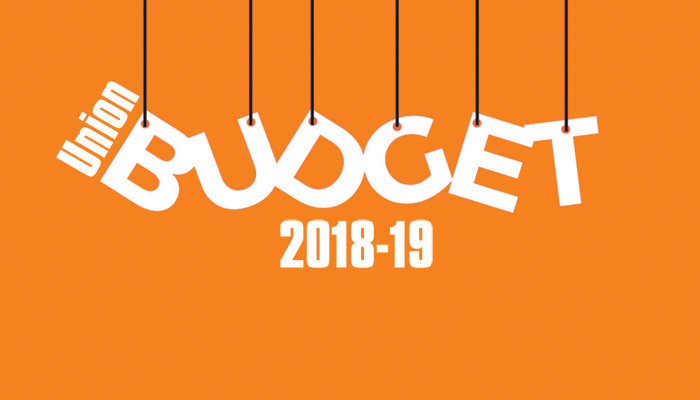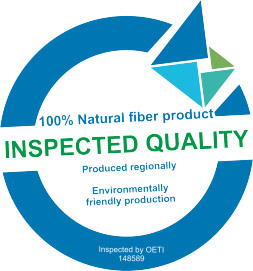
OETI has unveiled its new Inspected Quality label, developed for products which are composed of 100 per cent natural fibres. In addition to being made entirely of natural fibres, products eligible for certification must also be produced regionally and in what the institute classifies as an ‘environmentally-friendly’ way. The institute says its new certification relies on a dual-system to check compliance with the relevant criteria; this includes the submission of test reports and/or documents, plus an audit once every three years.
OETI describes the new Inspected Quality label for products as providing certification against “clearly defined quality and environmental criteria” detailed in the Inspected Quality guidelines.
These requirements include: Commitment to improving environmental performance and commitment to pollution prevention; investigation of the environmental aspects – both direct (i.e. waste water, emissions) and indirect (i.e. environmental performance of contractors and suppliers); definition of quality and environmental goals; risk management and quality control; and a transparent supply-chain.
The Inspected Quality label will be predominantly targeted at SMEs seeking to illustrate the regional, environmentally-conscious and quality of their products. Fibres derived from plants, animals and mineral fibres such as cotton, flax, hemp, animal wool and hair and silk will all be covered by this standard.
Helene Melnitzky, Head of ecology department at OETI, explained, “If a product carries the Inspected Quality label, consumers know that this product meets the requirements of a uniform guideline. At the same time the certification is flexible enough to be used to certify any type of 100 per cent natural fibre product. And this is the big advantage of this certification.”


